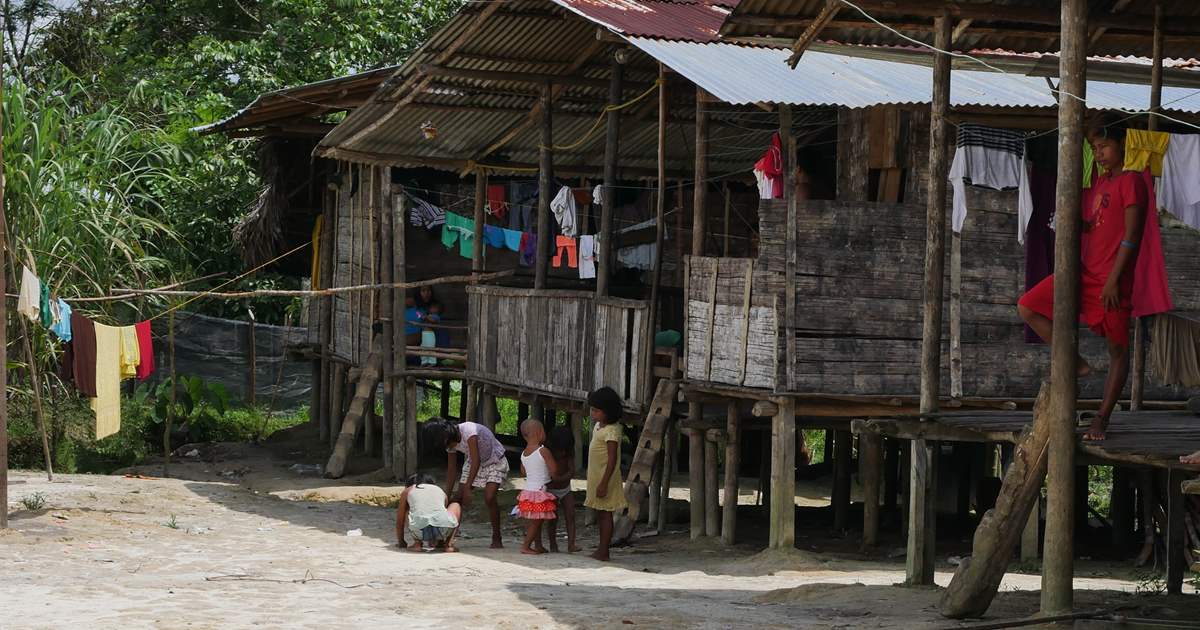RIO DE JANEIRO, BRAZIL – Around 1,300 people from the Embéra Dóbida community in the indigenous area of Catrú, in the municipality of Alto Baudó in the Choco department, fled their homes on May 21st either on foot or by boat. The clashes between the Autodefensas Gaitanistas de Colombia (AGC) paramilitaries, also known as the Gulf Clan, and the National Liberation Army (ELN) guerrilla organization left them no other choice.
The Organization of American States’ mission to support the peace process in Colombia reacted to the massive displacement and demanded that the attacks on ethnic communities be stopped. They called on the authorities to protect the population of this area.
The humanitarian crisis caused by the armed conflict began in 2019, when the ELN allegedly abducted several people; among them was a candidate for Mayor. The AGC then murdered a young man. Although the Ombudsman issued an early warning about the clashes between the armed illegal groups, there were more murders and major displacements.
According to the Mayor of Alto Baudó, Ulises Palacios, such displacements and the imposition of curfews have been recurrent since August last year. The clashes between paramilitaries and guerrillas have not stopped even since quarantine was imposed due to the coronavirus pandemic and “leave us with dead, decapitated and mutilated people. The communities are leaving their settlements to save their lives,” Palacios said.
After the army and authorities intervention, displaced families voluntarily returned to their homes on May 23rd, according to the National Indigenous Organization (ONIC).
Because of the armed conflict, over 10,000 people were displaced in Colombia in the first quarter this year and 7,300 people are living under curfew, according to the United Nations Office for the Coordination of Humanitarian Affairs (OCHA).


